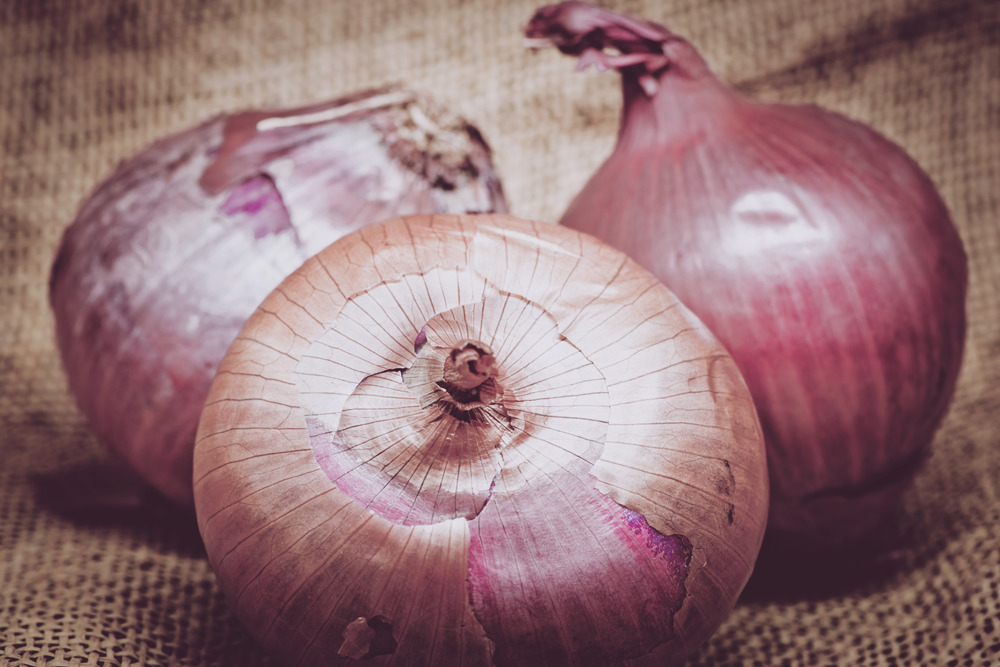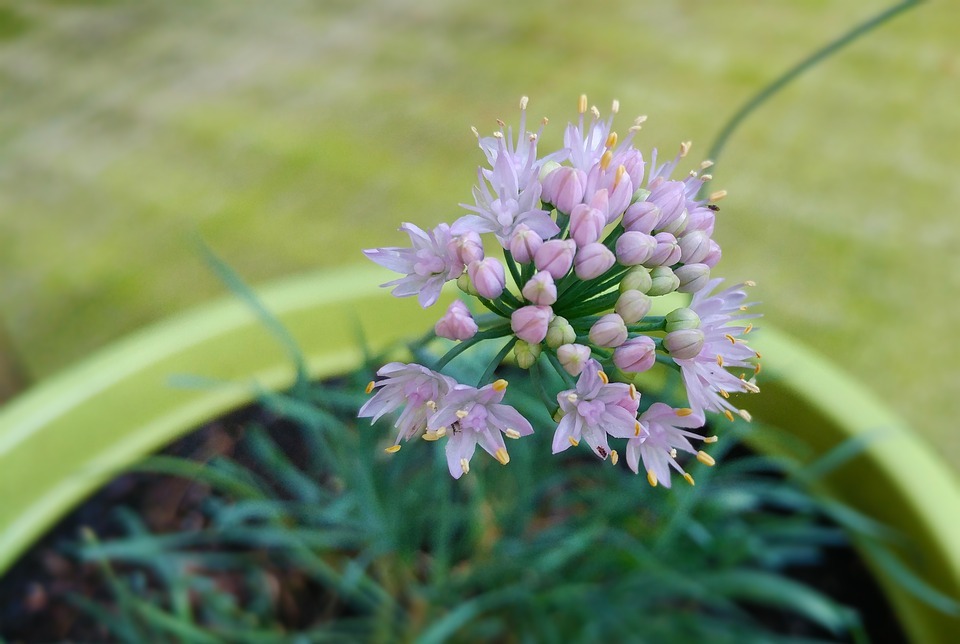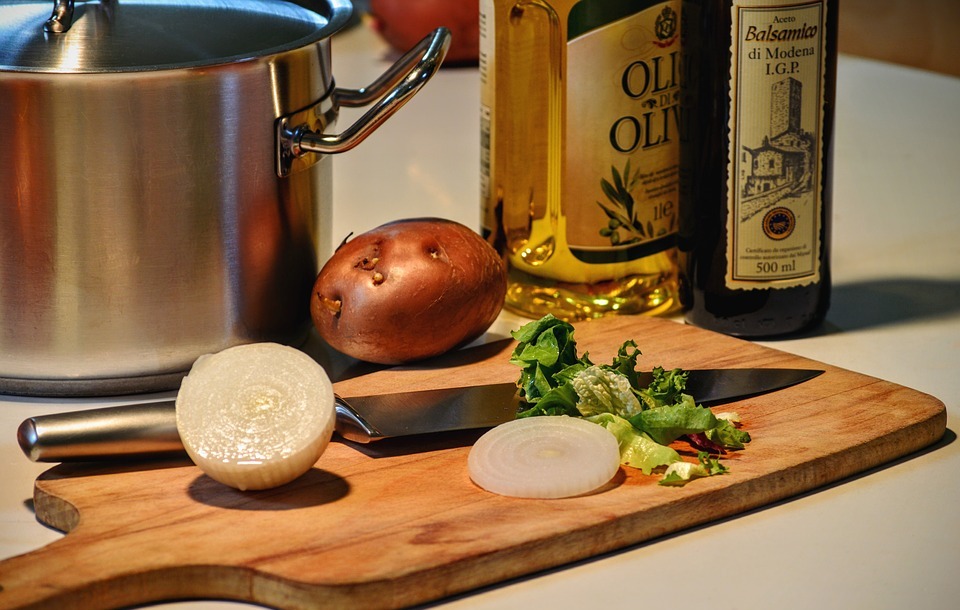Onions are a staple in many kitchens, adding flavour to countless dishes. But for our beloved canine companions, onions pose a serious threat. This guide will delve into the reasons why onions are dangerous for dogs, explore the different types of onions to avoid, and provide expert advice on keeping your furry friend safe. We’ll also address common concerns and provide alternative flavouring options for your dog’s food.
Part 1: The Dangers of Onions for Dogs

1.1. Onion Toxicity: Unmasking the Culprit
The culprit behind onion toxicity is a compound called N-propyl disulfide, present in varying amounts throughout the onion plant. This compound, along with other sulfur-containing compounds, is responsible for the characteristic pungent aroma and flavour of onions. However, it’s these very compounds that make onions dangerous for our furry friends.
1.2. A Closer Look at Onion Poisoning
When a dog ingests onions, N-propyl disulfide targets red blood cells, interfering with their ability to carry oxygen throughout the body. This disruption leads to a condition known as Heinz body anaemia, a serious health issue that can have life-threatening consequences.
- Heinz Body Formation: N-propyl disulfide attaches itself to the hemoglobin molecules within red blood cells, causing the formation of Heinz bodies. These abnormal structures hinder the red blood cells' ability to effectively transport oxygen.
- Red Blood Cell Destruction: Damaged red blood cells become fragile and prone to premature destruction. This leads to a decrease in the overall number of red blood cells in circulation, resulting in anaemia.
- Oxygen Deprivation: The reduced oxygen-carrying capacity of the blood leads to oxygen deprivation in various organs and tissues, causing a cascade of problems.
1.3. Severity of Onion Poisoning
The severity of onion poisoning depends on several factors, including the amount of onion consumed, the dog's size, and the type of onion. While small amounts may cause mild gastrointestinal upset, larger quantities can lead to severe anaemia and even death.
1.4. The Different Types of Onions to Avoid
It’s essential to understand that all forms of onions, whether raw or cooked, pose a threat to dogs.
- Raw Onions: The most common culprit, as their strong flavour and scent are often appealing to dogs.
- Cooked Onions: Even cooked onions retain their toxicity, although the levels may be reduced.
- Powdered Onions: Used in seasonings and food products, these can be equally dangerous.
- Onion Soup Mix: A common source of onion exposure, especially for dogs that scavenge in the kitchen.
- Onion Gravy: Can be hidden in meals and snacks, potentially causing harm.
- Onion Flavoured Treats: Be cautious of commercially available treats that contain onion flavouring.
1.5. Recognizing the Signs of Onion Poisoning
Prompt identification of onion poisoning symptoms is crucial for effective treatment. Early detection can significantly improve your dog's chances of a full recovery.
- Gastrointestinal Distress: Vomiting, diarrhoea, abdominal pain, loss of appetite.
- Weakness and Lethargy: Loss of energy, reluctance to move.
- Panting: Increased respiratory rate, especially with exertion.
- Pale Gums: Indicating anaemia, a significant sign of onion poisoning.
- Dark Urine: The breakdown of red blood cells can cause dark urine.
- Rapid Heartbeat: The body compensates for low oxygen levels.
- Increased Thirst: The body tries to flush out toxins.
- Loss of Coordination: Difficulty walking or standing.
- Collapsed or Coma: In severe cases, the dog may collapse or become unresponsive.
Part 2: Prevention is Key: Keeping Your Dog Safe

2.1. The Importance of Safe Food Handling
Preventing your dog from ingesting onions is the most effective way to safeguard their health.
- Keep Onions Out of Reach: Store onions in sealed containers or high cabinets, inaccessible to your dog.
- Careful with Scraps: Never give your dog table scraps containing onions or garlic.
- Supervise Mealtimes: Be vigilant during meal preparation, ensuring your dog doesn't snatch any onion-containing food.
- Secure Garbage Cans: Keep garbage cans securely closed and inaccessible to your dog, as they may rummage through them looking for discarded food scraps.
- Clean Up Spills Promptly: Immediately clean up any onion spills on the floor or countertop to prevent your dog from ingesting them.
2.2. Choosing Safe Treats and Snacks
When selecting treats and snacks for your dog, it's crucial to check the ingredient list carefully.
- Read Labels Carefully: Choose brands that explicitly state they are onion-free. Look for the phrase "onion-free" on the label or ingredient list.
- Homemade Treats: Avoid using onions or garlic in your homemade treats. Opt for safe ingredients like peanut butter, sweet potatoes, carrots, and bananas.
- Onion-Flavoured Treats: Be cautious of treats marketed as "onion-flavoured." They may contain onion extracts or powders, which can still be toxic to dogs.
- Dog Food Labels: Read labels carefully to ensure your dog's food does not contain onion powder or any other Allium ingredients.
2.3. Educating Your Family and Visitors
The importance of onion safety for dogs needs to be communicated to everyone in your household and visitors.
- Sharing Information: Educate your family and visitors about the dangers of onions for dogs. Explain the potential for serious health consequences.
- House Rules: Implement clear house rules regarding food scraps and treats for your dog. Ensure everyone understands that onions are strictly off-limits.
- Guest Supervision: Supervise visitors, especially children, to ensure they don't feed your dog onions or other harmful foods.
- Reminder Signs: Consider posting clear signage in your kitchen or dining area reminding visitors about the dangers of onions for dogs.
Part 3: The Aftermath: What to Do if Your Dog Eats Onions

3.1. Immediate Action: Contact Your Vet
If you suspect your dog has ingested onions, contact your veterinarian immediately. Time is of the essence when dealing with onion poisoning.
- Provide Details: Be prepared to provide information about the type and quantity of onion consumed, as well as any symptoms your dog is exhibiting.
- Follow Vet's Instructions: Your veterinarian will provide guidance on how to proceed, which may include inducing vomiting or administering activated charcoal.
3.2. Treatment Options for Onion Poisoning
The treatment for onion poisoning depends on the severity of the case. Veterinary intervention is essential for effective recovery.
- Inducing Vomiting: If the ingestion is recent, your vet may induce vomiting to remove the onions from the stomach. This can be done using hydrogen peroxide or apomorphine, which can be administered orally or intravenously.
- Activated Charcoal: May be administered to absorb the toxins in the digestive tract. Activated charcoal binds to toxins, preventing them from being absorbed into the bloodstream.
- Fluid Therapy: Used to prevent dehydration and support kidney function. Dehydration can exacerbate onion poisoning, so maintaining adequate hydration is crucial.
- Blood Transfusion: May be necessary in severe cases of anaemia. This involves replacing lost blood with donated blood, restoring oxygen-carrying capacity.
- Supportive Care: Monitoring your dog's vital signs, providing pain relief, and administering antibiotics if required. Supportive care aims to manage symptoms and prevent complications.
3.3. Long-Term Recovery: Ongoing Care and Monitoring
Even after successful treatment, close monitoring is essential.
- Follow-up Checkups: Your vet will schedule follow-up appointments to assess your dog's recovery. Blood tests may be performed to monitor red blood cell levels and assess the effectiveness of treatment.
- Dietary Restrictions: Your vet may recommend avoiding onions and other Allium vegetables in the future. This is a crucial step to prevent recurrence of onion poisoning.
Part 4: Safe Alternatives: Delicious and Healthy Options
4.1. Onion-Free Treats and Snacks
There are plenty of delicious and healthy treats available for your dog that are completely onion-free.
- Commercial Brands: Choose brands that explicitly state they are onion-free. Look for labels that clearly indicate "onion-free" or "Allium-free."
- Homemade Treats: Explore recipes for homemade treats using safe ingredients like peanut butter, sweet potatoes, carrots, and bananas.
4.2. Onion-Free Flavor Enhancers
You can add flavour to your dog's food without using onions.
- Parsley: A fragrant herb that dogs generally enjoy. Chopped parsley can be sprinkled on top of your dog's food.
- Celery: A crunchy, nutritious alternative. Chopped celery can add a bit of crunch and flavour to your dog's meals.
- Apples: A sweet and juicy option. Apple slices or chunks can be a tasty addition to your dog's diet.
- Carrots: A good source of vitamins and fibre. Carrots can be chopped, grated, or cooked and added to your dog's food.
- Pumpkin: A nutritious and delicious option. Pumpkin puree can be added to your dog's food to enhance flavour and provide fibre.
- Sweet Potatoes: A good source of vitamins and fibre. Sweet potatoes can be cooked and mashed, then added to your dog's food.
4.3. Feeding a Balanced Diet
A balanced diet is crucial for your dog's overall health and well-being.
- High-Quality Dog Food: Choose a complete and balanced dog food specifically designed for your dog's age, breed, and activity level.
- Veterinary Consultation: Consult with your vet to determine the best diet for your dog's individual needs. Your vet can provide personalized recommendations based on your dog's specific health conditions.
Part 5: FAQs: Addressing Common Concerns
5.1. How much onion is too much for my dog?
Even a small amount of onion can be toxic to dogs. The amount that is considered "too much" depends on the size and weight of the dog, but it’s best to err on the side of caution and avoid onion consumption altogether.
5.2. Can my dog eat onions in cooked food?
No, cooked onions are still toxic to dogs. Although the levels of toxic compounds may be reduced, it's still not safe to feed cooked onions to your dog. The heat of cooking does not eliminate the toxic compounds in onions.
5.3. Can my dog eat onions in small amounts?
No, even small amounts of onions can be harmful to dogs. It's best to completely avoid feeding them onions in any form. Even small amounts can lead to health issues, and it's not worth the risk.
5.4. What if my dog accidentally eats an onion?
If your dog accidentally eats an onion, contact your vet immediately. The sooner you seek veterinary attention, the better the chances of a successful recovery. Don't wait for symptoms to develop before contacting your vet.
5.5. Can onions be fatal to dogs?
Yes, onion poisoning can be fatal to dogs, especially if left untreated. The severity of poisoning depends on the amount of onion consumed and the size of the dog. Large breeds or dogs with underlying health conditions may be more vulnerable to severe complications.
5.6. Are other Allium vegetables also toxic to dogs?
Yes, all members of the Allium family, including garlic, shallots, leeks, and chives, are toxic to dogs. Avoid feeding your dog any of these vegetables. The same toxic compounds found in onions are present in these other vegetables.
5.7. Can onion poisoning be prevented?
Yes, onion poisoning can be prevented by keeping onions out of reach of your dog, reading labels carefully, and educating family members and visitors about the dangers. Taking these precautions can significantly reduce the risk of onion poisoning.
Everyone is watching
-

Can Dogs Eat Bananas? A Guide to Safe Treats
DOGS & PUPPIESThis comprehensive guide will delve into the world of canine nutrition, focusing on the popular question: can ...
-

Can Dogs Eat Oranges? (Is It Safe or Toxic?)
DOGS & PUPPIESThis article delves into the question of whether dogs can safely consume oranges. We'll explore the nutrition...
-

Can Dogs Eat Grapes? The Shocking Truth About This Fruit
DOGS & PUPPIESThis article delves into the controversial topic of grapes and dogs, exploring the potential dangers associate...
-

Why Do Dogs Eat Poop? Understanding Coprophagia in Dogs
DOGS & PUPPIESThis article delves into the perplexing phenomenon of coprophagia, the act of eating faeces, in dogs. We explo...
-

Can Dogs Eat Shrimp? A Guide to Safety and Risks
DOGS & PUPPIESThis comprehensive guide dives into the world of shrimp and dogs, exploring the potential benefits and risks a...
